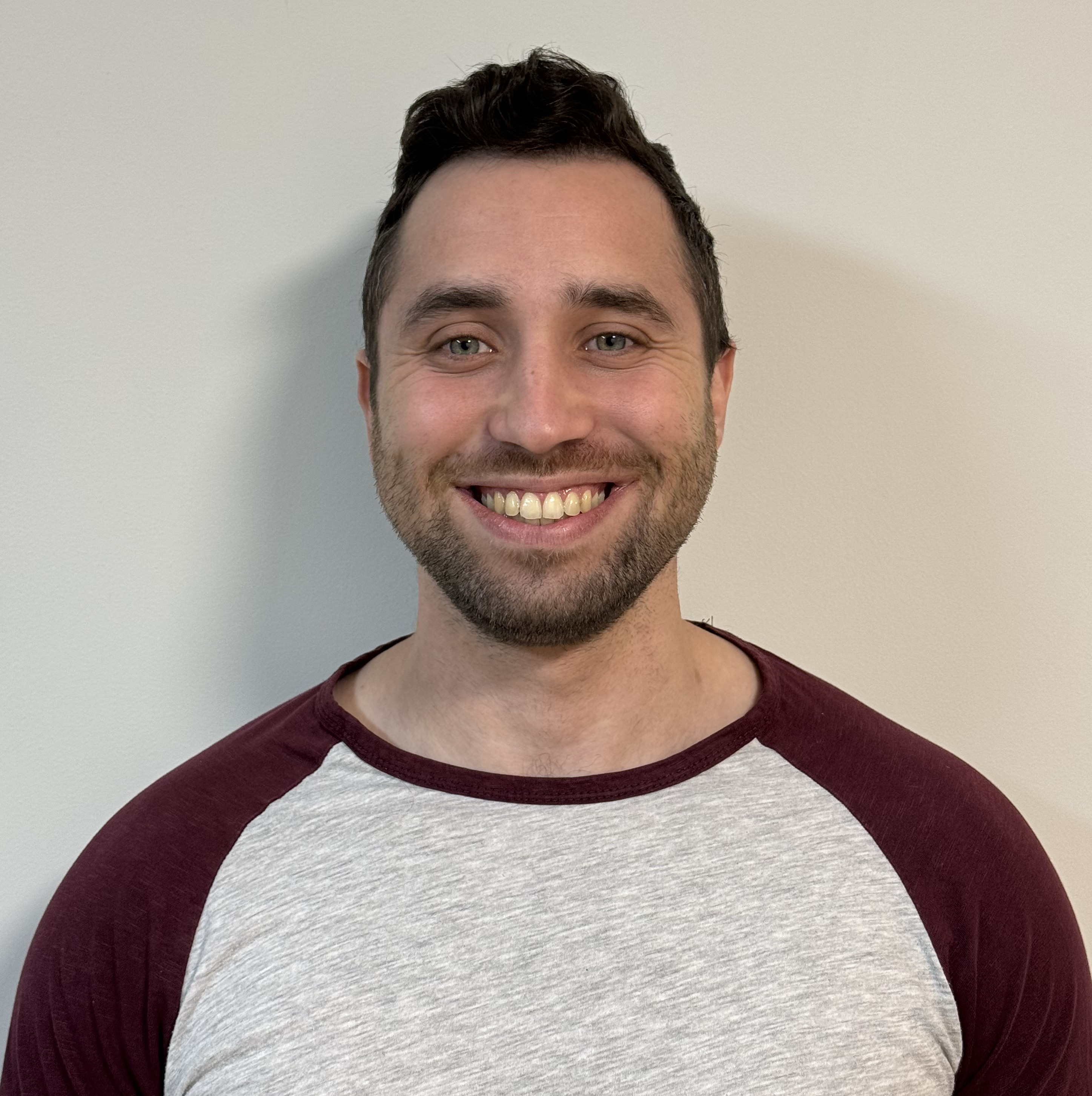
Or Ronai
I am an MSc candidate in the Electrical and Computer Engineering faculty at the Technion, under the supervission of Prof. Tomer Michaeli.
I received my BSc (Summa Cum Laude) in Electrical and Computer Engineering at the Technion as well.
My research interests lie in the fields of deep learning, computer vision, generative models and signal processing.
Contact me at or dot ronai at campus dot technion dot ac dot il.
Publications
Or Ronai, Vladimir Kulikov, Tomer Michaeli
We introduce FlowOpt, a zero-order (gradient-free) optimization framework that treats the entire flow process as a black box, enabling optimization through the whole sampling path without backpropagation through the model. Our method is both highly efficient and allows users to monitor the intermediate optimization results and perform early stopping if desired. We prove a sufficient condition on FlowOpt's step-size, under which convergence to the global optimum is guaranteed. We further show how to empirically estimate this upper bound so as to choose an appropriate step-size. We demonstrate the effectiveness of FlowOpt in the context of image editing, showcasing two use cases: (i) inversion (determining the initial noise that generates a given image), and (ii) directly steering the edited image to be similar to the source image while conforming to the target text prompt. In both settings, our method achieves state-of-the-art results while using roughly the same number of neural function evaluations (NFEs) as existing methods.

Or Ronai, Amitay Bar, Ronen Talmon, Israel Cohen
We address the problem of multichannel speech enhancement in reverberant and noisy environments with multiple interfering sources. We propose a new subspace method for signal enhancement that involves estimating the relative transfer function (RTF). Specifically, we propose an RTF estimator that relies on both the sample correlation matrix, which is typically used in the absence of interfering sources, and the Riemannian mean of correlation matrices, which was recently shown to excel in rejecting interfering sources. We begin by considering the Riemannian mean-based RTF estimator, and then apply subspace filtering by projecting it onto the space of the principal components of the sample correlation matrices. We incorporate the proposed RTF estimation into the minimum variance distortionless response (MVDR) beamformer and evaluate its performance under various challenging acoustic scenarios. Experimental results demonstrate that our approach consistently outperforms both conventional and Riemannian-based MVDR beamformers, achieving a better enhancement of the desired signal.

Or Ronai*, Yuval Sitton*, Amitay Bar, Ronen Talmon
We address the problem of multichannel audio signal enhancement in reverberant environments with interfering sources. We propose an approach that leverages the Riemannian geometry of the spatial correlation matrices of the received signals to estimate the relative transfer function (RTF) of the desired source. Specifically, we compute the spatial correlation matrices in short-time segments, and subsequently, their Riemannian mean, which preserves shared spatial components while attenuating unshared ones. This enables an effective rejection of intermittent interference, leading to accurate RTF estimation. We experimentally show that when the proposed RTF estimation is incorporated into the Minimum Variance Distortionless Response (MVDR) beamformer, it enhances the desired signal, outperforming the MVDR beamformer that is based on standard (Euclidean) RTF estimation. These favorable experimental results are demonstrated in challenging acoustic environments including multiple strong interfering sources, noise, and reverberations. Presented as an oral presentation @ ICASSP 2025.
